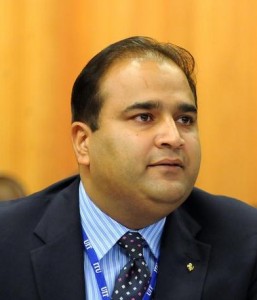
A more subtle complaint is that incumbent operators have to win 3G licenses to protect their existing 2G businesses, so are “forced” to overbid. On the contrary the 3G auctions will be ascending bid auctions, in which the price will stop rising when the losers give up; so the price will be set by losers who in most of the cases will be new entrants with no existing 2G businesses to protect. Nevertheless incumbents, with their established brands and infrastructure, can make much better use of 3G licenses. Entrants would have to bid a long way north of their valuations before any incumbent could be hurt by matching them. Even if the incumbents did think the entrants are overbidding, they always have the option of dropping out, and buying the entrants later when valuations have settled down. Some opponents of the auctions concede the bids are voluntary but argue they are damaging nevertheless because the licenses are so expensive hence investment in 3G is lower and slower than it should be. This is odd: the auction fees are history; they are almost all been paid in full, cannot be recouped by cutting investment, and make no difference to its profitability. It is conceivable that capital markets are so inefficient that obviously highly profitable investment is being million of dollars from shareholders around the world to the government. This is both equitable, since the companies will be buying a public asset that they value this highly at the time, and efficient, since such a lump sum transfer is much more resourceful than most forms of taxation. Efficient, equitable and voluntary government funding is not easy to find.











